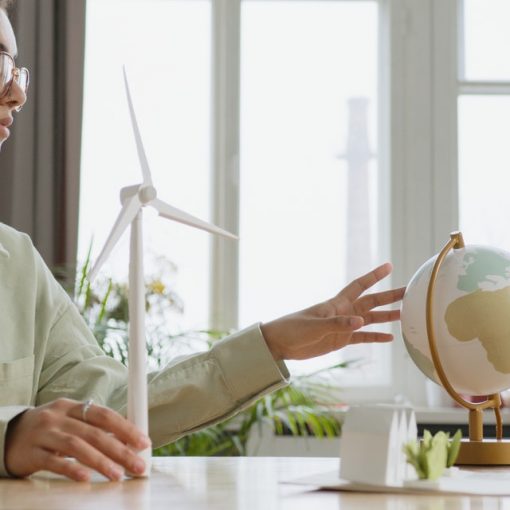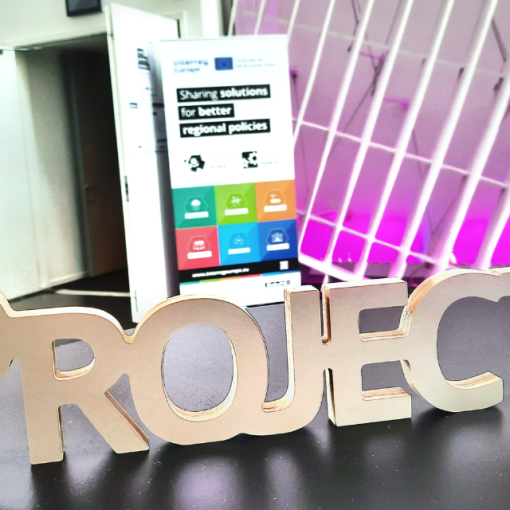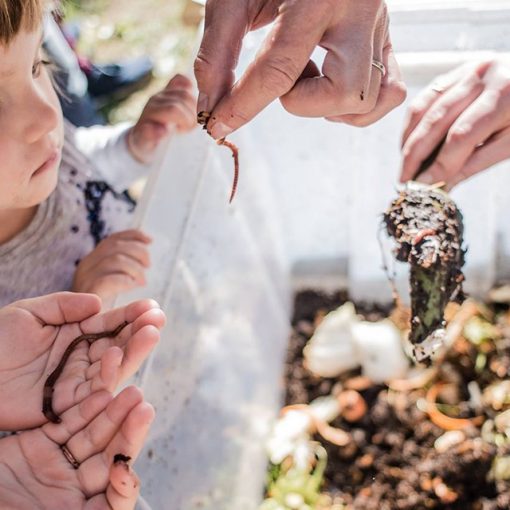As Sweden holds the Presidency of the Council of the European Union in the first half of 2023, the Europe, Let’s Cooperate! forum was held on 15 March 2023, in Stockholm, Sweden. The cooperation event was organized by the Interreg Europe programme. The event gathered over 500 participants from all corners of Europe, representing, for instance, policy authorities, academia, development agencies, environmental and business support organisations, and NGOs. The event was organized back-to-back with the Lead Partner Seminar of the first call projects.
Europe, Let’s Cooperate!
The event was opened by Maria Eriksson, Ministry of Rural Affairs and Infrastructure of Sweden. She emphasized the important role of interregional cooperation in stimulating regional development by introducing new projects and working methods. Interreg Europe connects European regions with each other. According to Eriksson, cooperation fosters a culture of openness and builds trust across borders in society and organisations. (Eriksson 2023.)
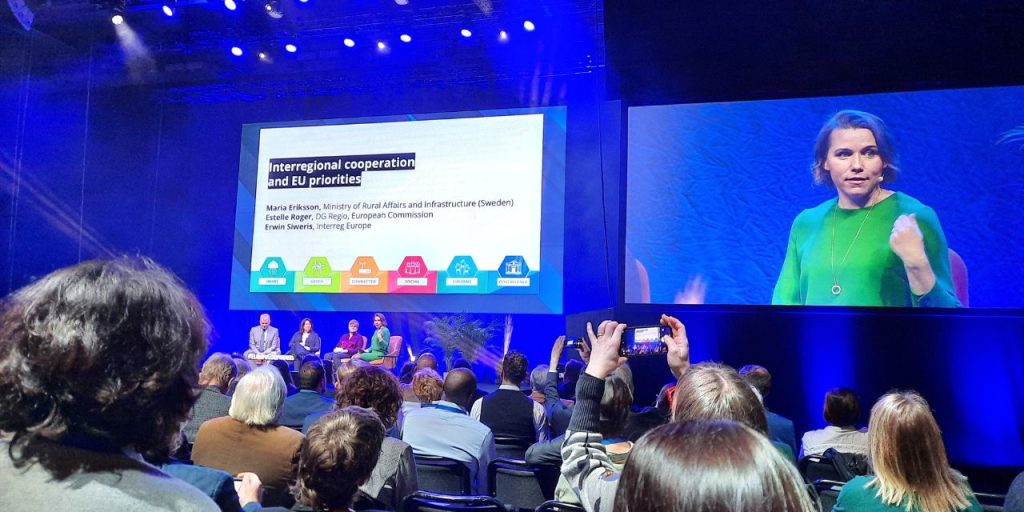
From the EU perspective, cooperation is needed more than ever as what used to be taken for granted is now doubtful, said Estelle Roger, DG Regio, European Commission. Europe is facing many challenges, from the green, digital, and demographic transition, post-pandemic effect, and energy crises to the war in Ukraine, therefore, interregional cooperation can provide common solutions to these common challenges. According to Roger, cooperation is at the heart of the EU and brings long-term effects. (Roger 2023.)
Over 20 years of Interreg Europe
In 2022, Interreg Europe celebrated 20 years of its existence. Erwin Siweris, Interreg Europe Programme Director, highlighted some of the achievements of the last programming period of 2014-2020. For instance, over 1000 policy improvements were reported, mobilizing 1 336 m€ with a leverage effect of 4,7 on investments in the regions. Over 20 000 people increased their capacity thanks to the interregional knowledge exchange. (Interreg Europe 2023b; Siweris 2023.)
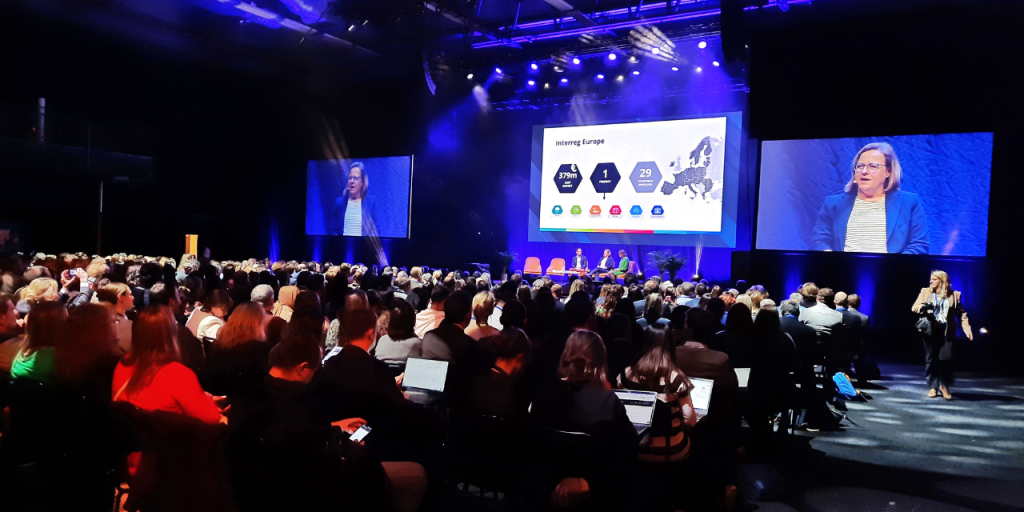
Interreg Europe is an interregional cooperation programme, co-funded by the European Union. By transferring knowledge and good practices among the EU regions, Interreg Europe creates an environment helping policymakers find innovative solutions to their challenges. Thus, improving regional policies. Three types of policy improvements can be identified: (1) a new project, (2) improved governance of the policy instrument, and (3) structural change of the policy instrument. (Interreg Europe 2022, 47-48.)
The 2021-2027 programme has one cross-cutting priority of capacity building and six topics. There are five thematic topics addressing all five thematic EU priorities (Smart, Green, Connected, Social, and Citizens) and one non-thematic topic focusing on better governance. (Interreg Europe 2023a.)
The uniqueness of the Programme is in its geographical coverage of 29 countries – the EU27, Norway and Switzerland. The upcoming discussions with the Member States and the EC will consider an extension of five Balkan countries, Moldova, and Ukraine, possibly eligible for the 3rd call of projects in 2024 (Siweris 2023).
Author
Katerina Medkova works as an RDI Specialist at LAB University of Applied Sciences and she has been involved in four Interreg Europe projects as a Communication Manager in BIOREGIO, CECI and CITISYSTEM and as a Project Manager in RESINDUSTRY.
References
Eriksson, M. 2023. Interregional cooperation and EU priorities. Speech given at the Interreg Europe’s Europe, Let’s Cooperate event on 15 Mar 2023, Stockholm, Sweden.
Interreg Europe. 2022. Interreg Europe 2021-2027 Programme Manual. Cited 23 March 2023. Available at https://www.interregeurope.eu/sites/default/files/2022-04/IR-E_programme_manual_%26_annexes.pdf
Interreg Europe. 2023a. Next call for projects. Cited 23 March 2023. Available at https://www.interregeurope.eu/next-call-for-projects
Interreg Europe. 2023b. Info session on Interreg Europe: project funding and policy learning services. Recording of an online info session held on 22 Feb 2023. YouTube. Cited 22 Mar 2023. Available at https://www.youtube.com/watch?v=8mfG8AYtSJI&t=1030s
Roger, E. 2023. Interregional cooperation and EU priorities. Speech given at the Interreg Europe’s Europe, Let’s Cooperate event on 15 Mar 2023, Stockholm, Sweden.
Siweris, E. 2023. Interregional cooperation and EU priorities. Speech given at the Interreg Europe’s Europe, Let’s Cooperate event on 15 Mar 2023, Stockholm, Sweden.


